On April 10, the Vietnam Cyber Security Association – VNISA issued a warning about the trend of ransomware attacks to agencies, organizations and businesses nationwide, especially the Association's members and partners.
Experts from the Department of Information Security (Ministry of Information and Communications), the Department of Cyber Security and High-Tech Crime Prevention - A05 ( Ministry of Public Security ) and large enterprises in the field of cyber security and safety all have the same opinion: Ransomware attacks are a prominent trend in 2024 and the coming years. With ransomware attacks, experts also agree that 'prevention is better than cure'.
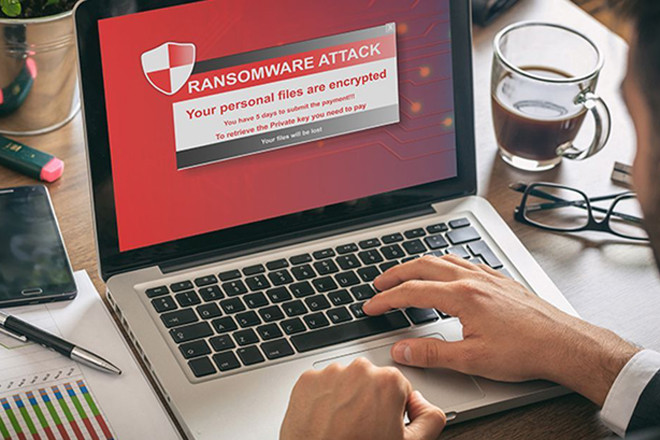
In a new warning, VNISA stated: The increasing dependence on digital data and the Internet in all areas of social life has made organizations and individuals more vulnerable to cyber attacks, including ransomware attacks.
Pointing out the four main steps of a ransomware attack, VNISA commented: “The danger of ransomware is not only in its ability to encrypt data, how it spreads, and demands ransom, but also in creating a financial transaction channel through which hackers can make illegal profits. The sophistication and unpredictability of ransomware attacks make them one of the biggest challenges to network safety and security today.”
From a preliminary synthesis of the picture of ransomware attacks in Vietnam and recent recommendations and instructions from authorities, VNISA has made a number of recommendations to agencies, organizations and businesses.
Specifically, the Association recommends that agencies, organizations and businesses immediately review the security of their systems according to the instructions of competent authorities, focusing on detecting signs of system intrusion for timely handling.
Units need to review and re-evaluate whether the information system under their management meets current regulations, in order to supplement and invest in information security appropriately; Build a team of specialized information security with sufficient capacity and regularly train to improve awareness and information security skills for officers and employees. In case there is no specialized team, units can hire information security services from domestic enterprises.
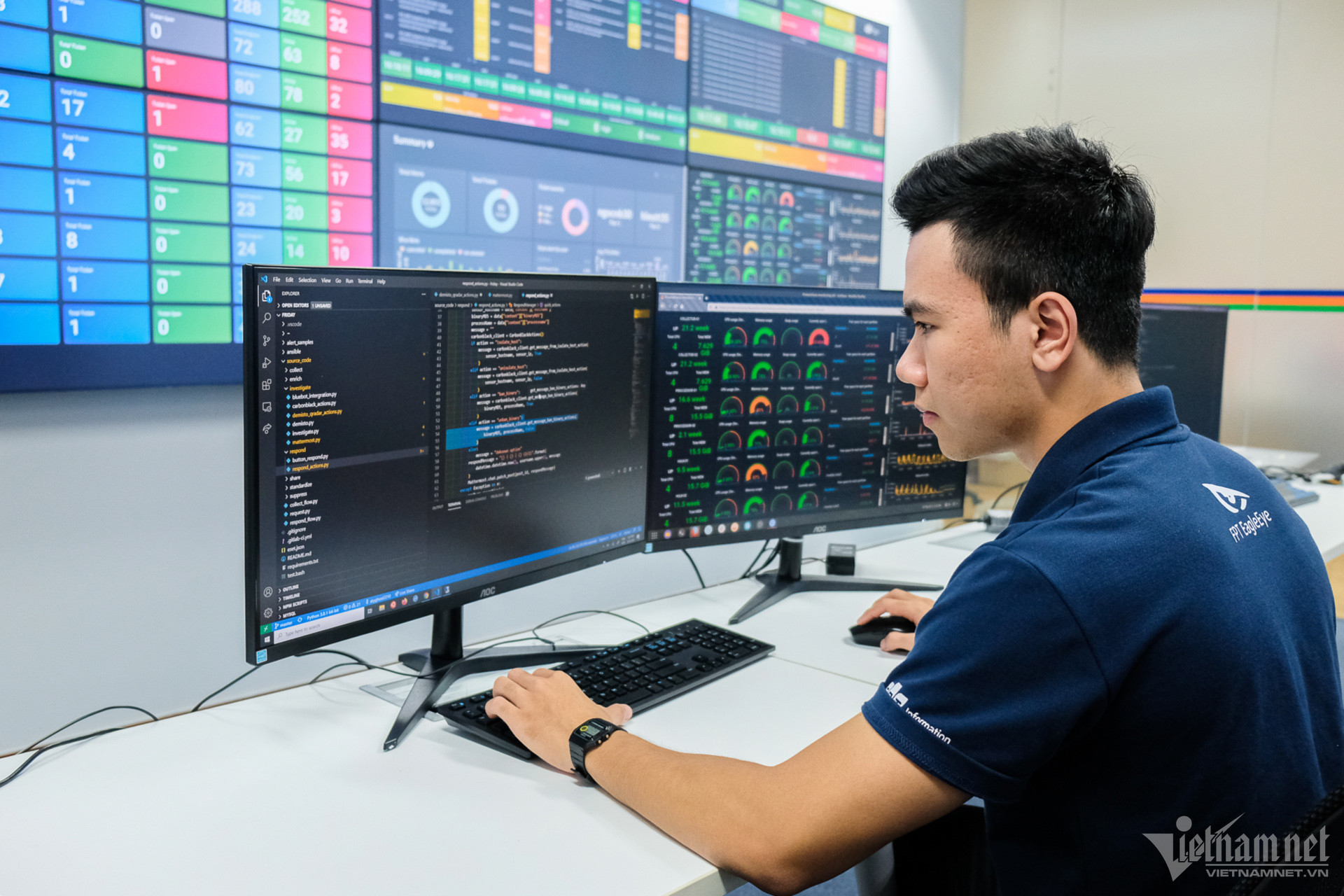
VNISA also recommends that units need to focus on investing in and equipping strong monitoring solutions to be able to detect unusual signs as well as early warnings of the risk of cyber attacks; Review, inspect and evaluate information security to promptly detect and fix system vulnerabilities and weaknesses.
Regularly back up data and deploy backup systems for information systems to ensure continuous service provision and operation when the main system fails.
At the same time, strictly implement and comply with regulations on data protection, especially customer-related data systems according to current regulations, to prevent cyber attacks and minimize risks.
In case of detecting a cyber attack or information security incident, VNISA recommends that units immediately notify the authorities for support, guidance on response plans as well as investigation, handling and system recovery.
Speaking at the regular press conference of the Ministry of Information and Communications in April 2024 held on April 8, Mr. Tran Nguyen Chung, Head of the Information System Security Department, Department of Information Security (Ministry of Information and Communications) said: Currently, both the level of investment and compliance with legal regulations on information security of agencies, organizations and enterprises are not commensurate and do not meet the requirements. Not only that, agencies, organizations and enterprises also tend to hide information when encountering information security incidents or cyber attacks.
The recent ransomware attacks on a number of Vietnamese enterprises show that the information systems of enterprises, especially the systems that manage and store a lot of user data, are just as important and need to be protected and secured as the information systems of government agencies.
“ The Government 's Decree 85 on ensuring information system security has very clear regulations and requirements on criteria for classifying information systems into 5 levels. Information systems of state agencies or enterprises providing services to people need to be identified at their levels in order to have appropriate and corresponding measures and plans to ensure information security,” emphasized the representative of the Department of Information Security.
| The Department of Information Security has also issued the 'Guideline for compliance with legal regulations and enhancing information system security at all levels' (Version 1.0), along with developing a 'Handbook for preventing and minimizing risks from ransomware attacks' for agencies, organizations and enterprises, aiming at ensuring national cyberspace security. These are useful documents to help agencies and organizations smoothly deploy information system security at all levels, meet the requirements, proactively prevent and protect the unit's important information systems from potential cyberattack risks. |

Source


![[Photo] Chairman of the Hungarian Parliament visits President Ho Chi Minh's Mausoleum](https://vphoto.vietnam.vn/thumb/1200x675/vietnam/resource/IMAGE/2025/10/20/1760941009023_ndo_br_hungary-jpg.webp)
![[Photo] The Steering Committee of the 2025 Fall Fair checks the progress of the organization](https://vphoto.vietnam.vn/thumb/1200x675/vietnam/resource/IMAGE/2025/10/20/1760918203241_nam-5371-jpg.webp)
![[Photo] Solemn opening of the 10th Session, 15th National Assembly](https://vphoto.vietnam.vn/thumb/1200x675/vietnam/resource/IMAGE/2025/10/20/1760937111622_ndo_br_1-202-jpg.webp)











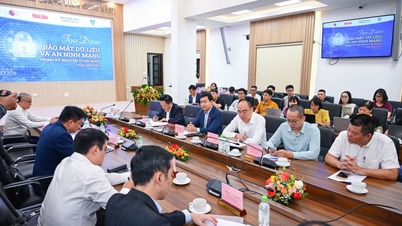









































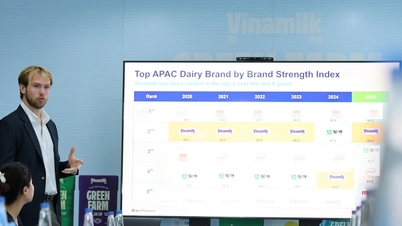



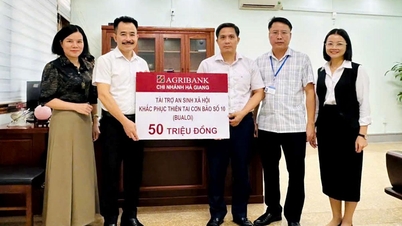











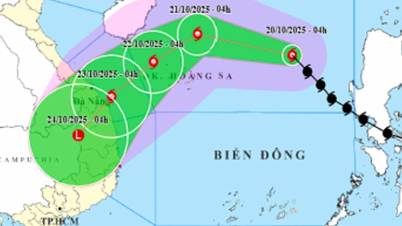

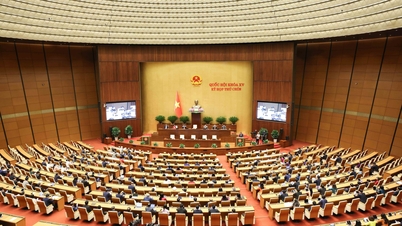




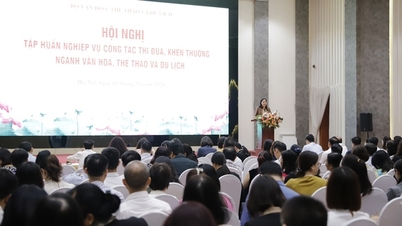


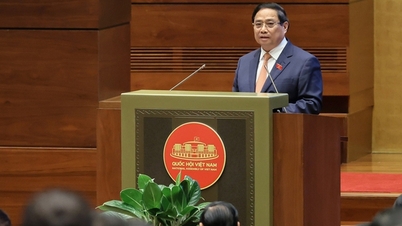






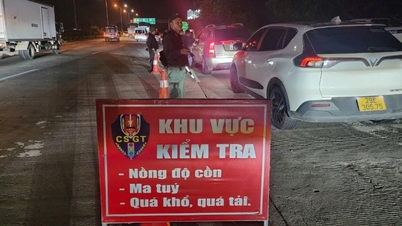
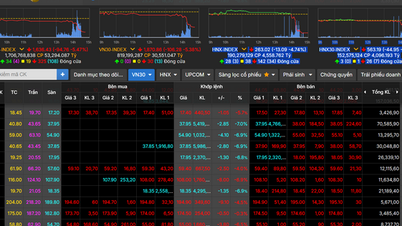















Comment (0)